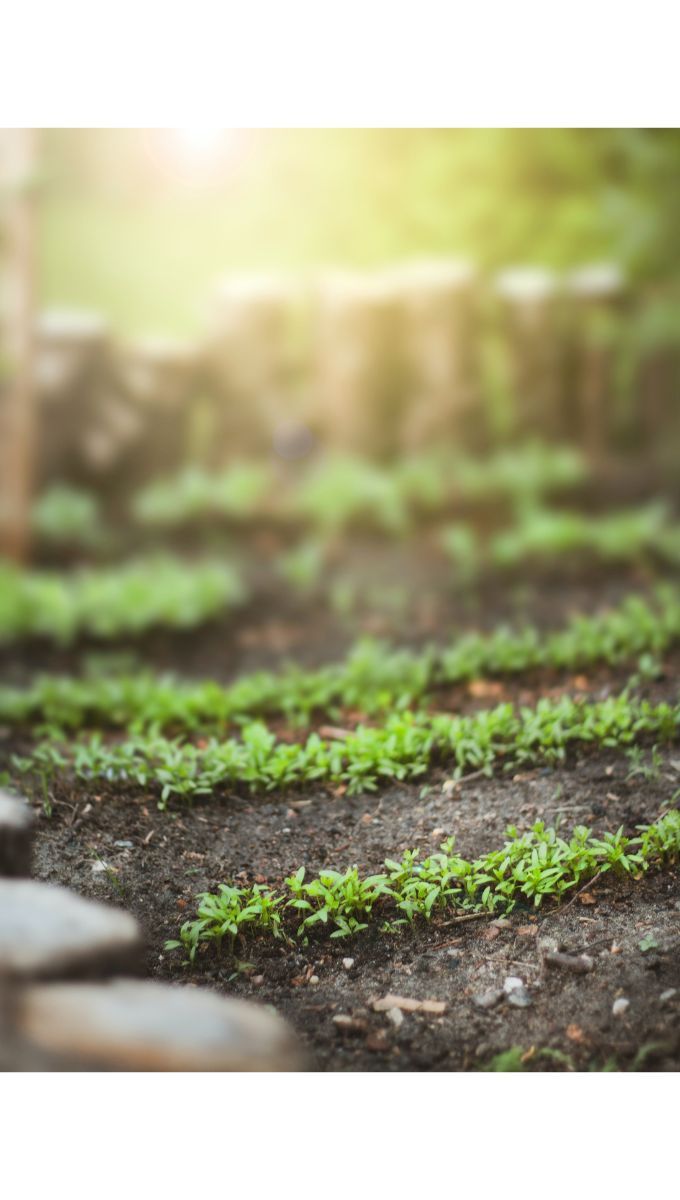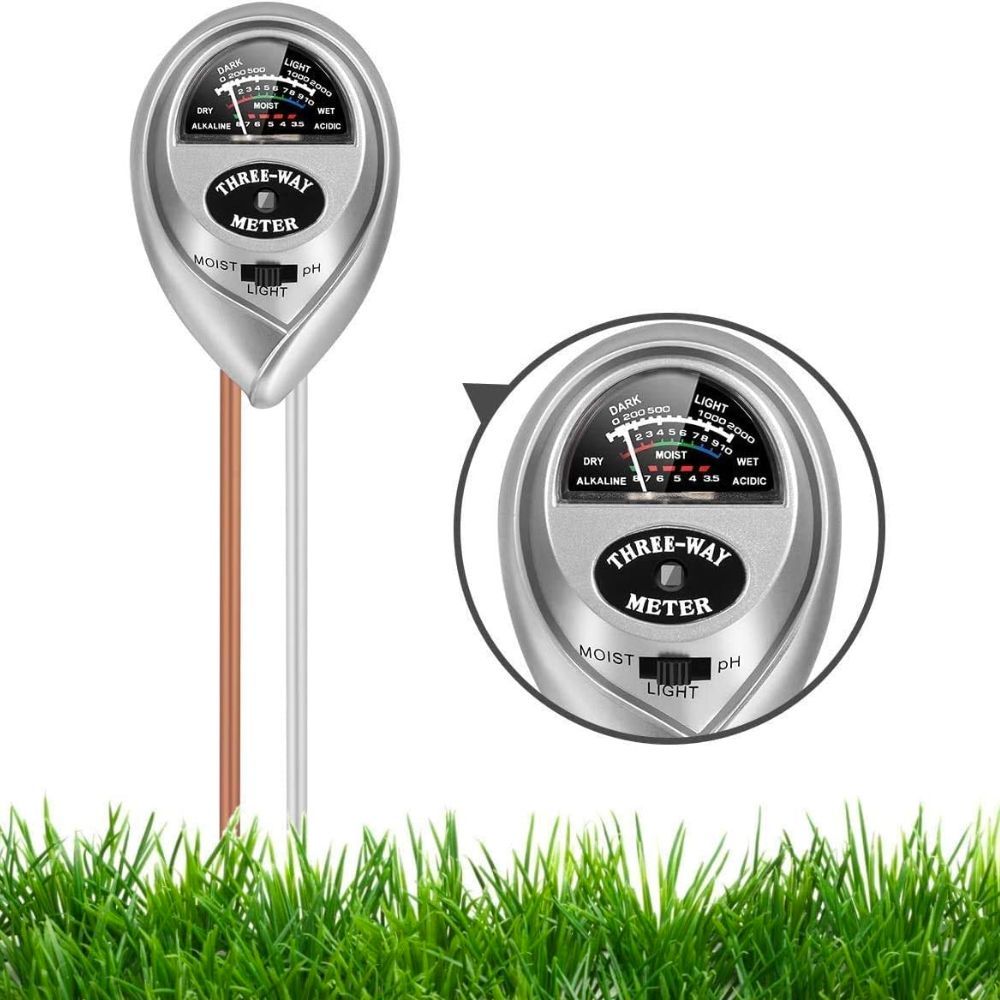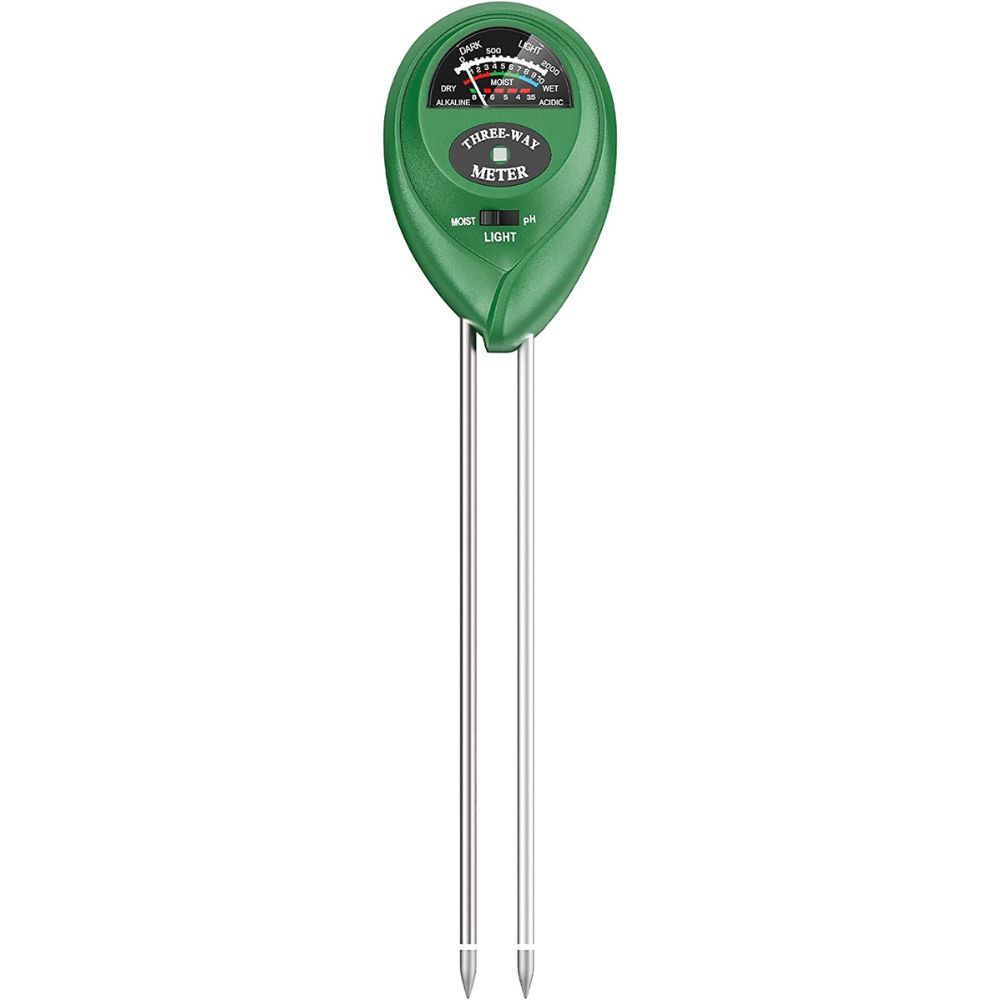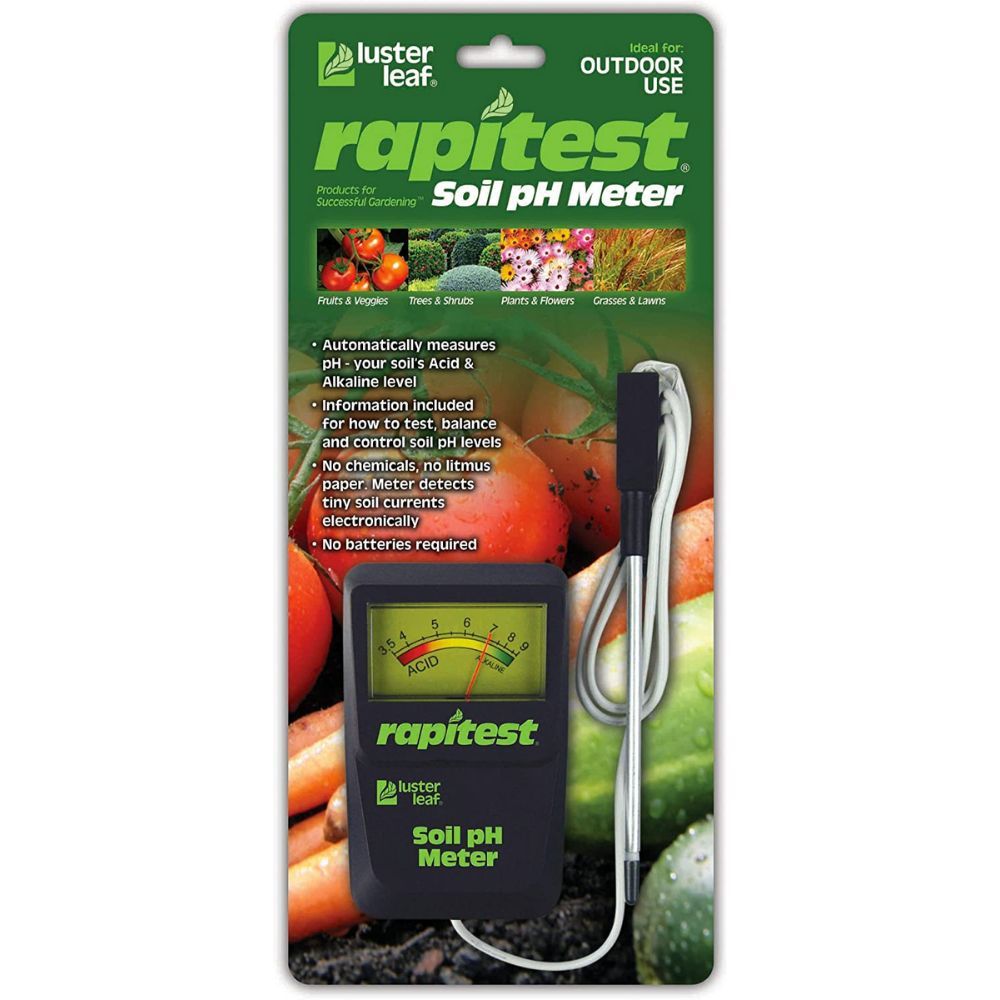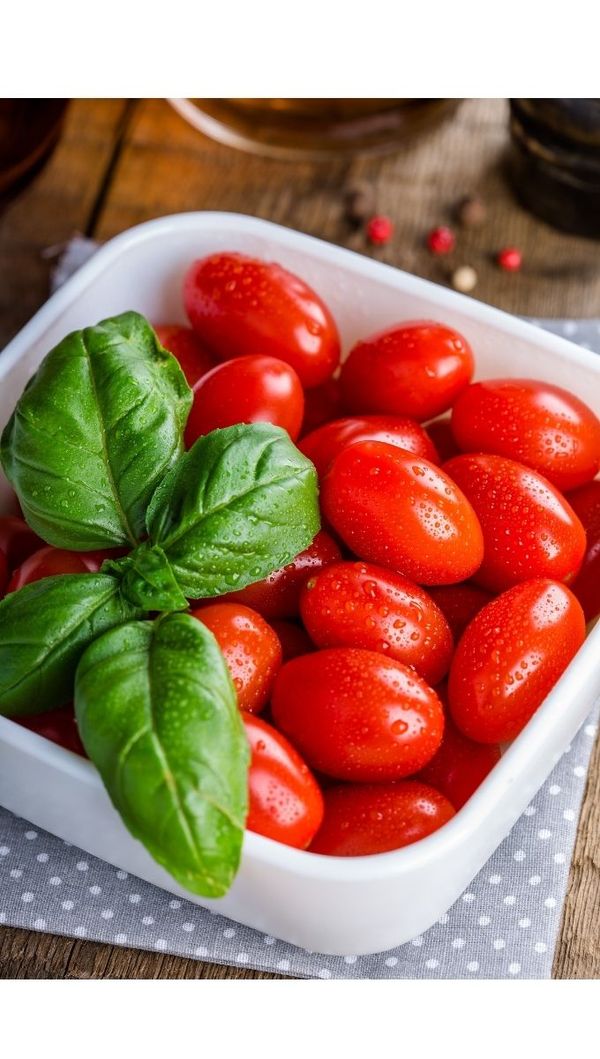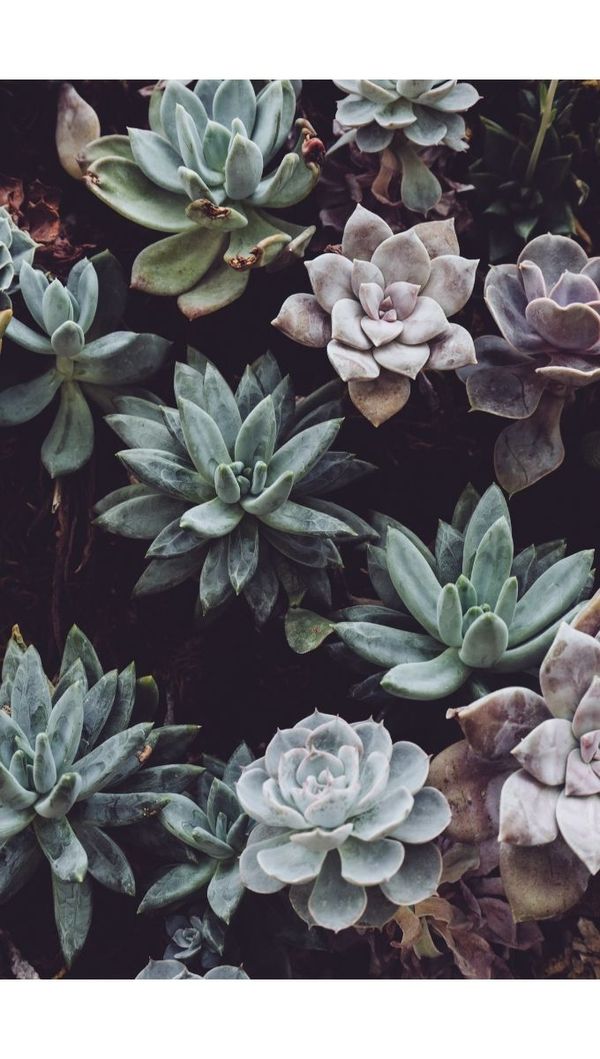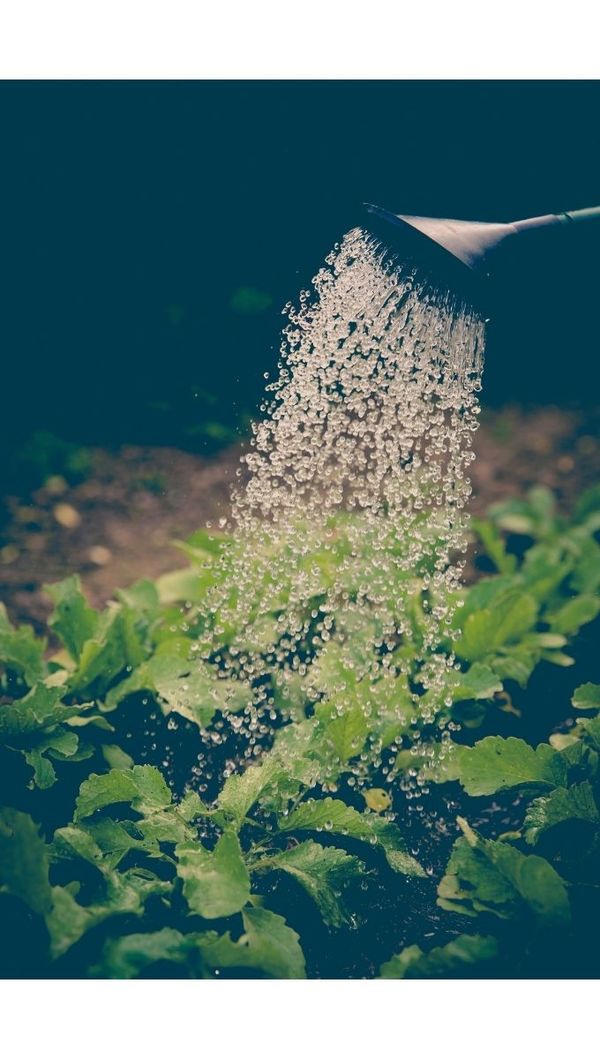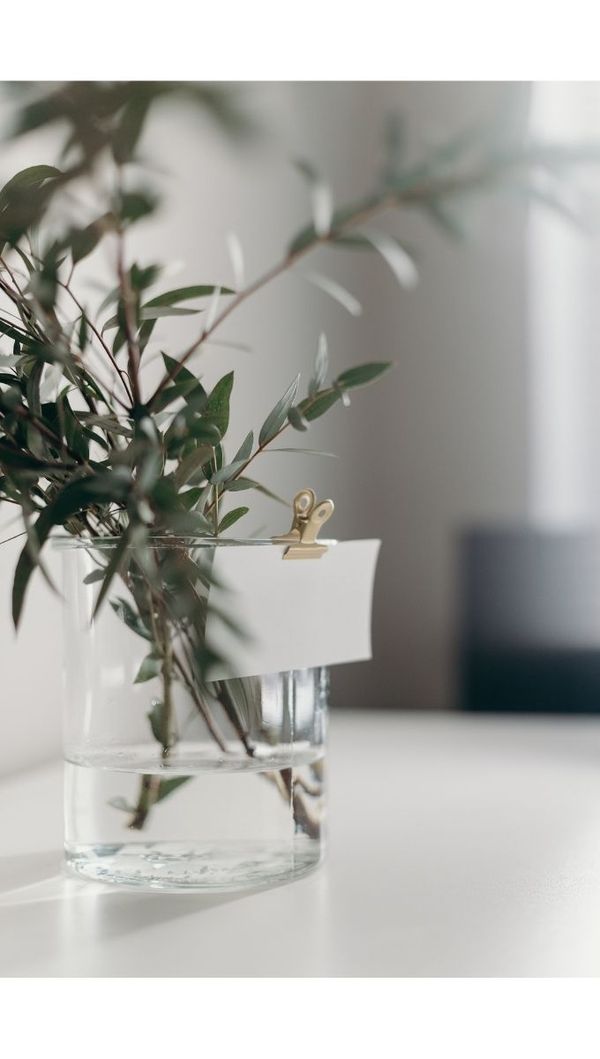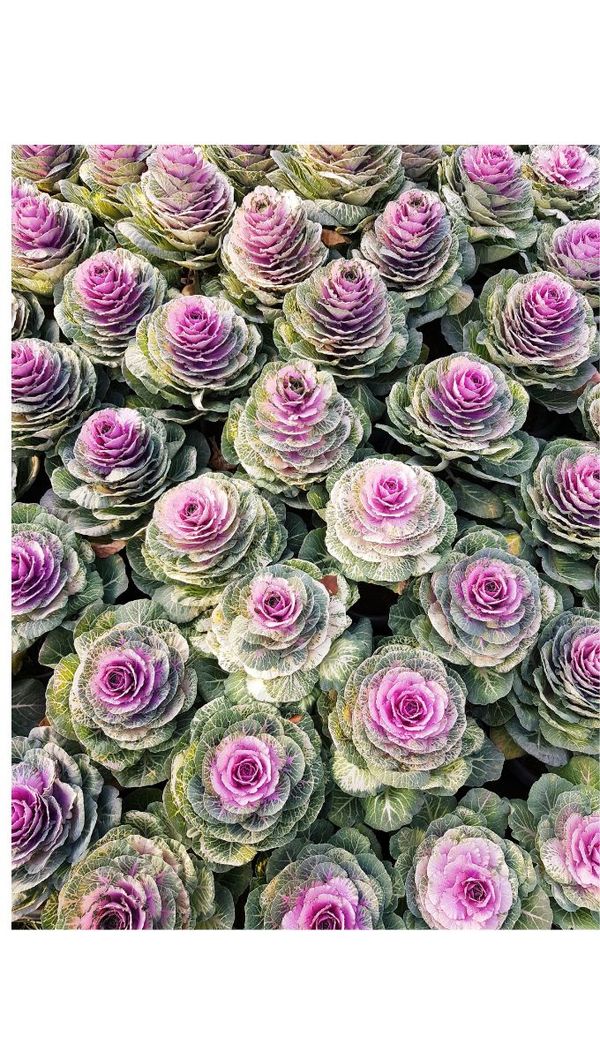pH levels are important for the health of your plants - make sure you're testing your soil correctly!
There are a lot of different soil pH testers on the market, so it can be tough to know which one is right for you. That's why we've put together this roundup of the three best soil pH testers available. We'll tell you about our favorite features and what makes each one unique.
No matter what kind of gardener you are, making sure your plants have the correct pH level is essential for their growth and health. With one of these top-rated soil pH testers, you can ensure that your plants will thrive!
How We Choose the Best Soil pH Testers
It can be hard to know if your soil is the right pH for growing plants, and even harder to find a good soil pH tester.
Most people don't realize that the pH of your soil is incredibly important for plant growth. If the pH is off, it can stunt plant growth or kill them completely.
We've done the research for you and found three of the best soil pH testers on Amazon. All of these soil pH testers are affordable, easy to use, and have great reviews from happy customers.
HighLandy Soil pH Meter 3-in-1 Soil Tester
Why We Love It
If you’re looking for a reliable pH meter that’s easy to use, the HighLandy Soil pH Meter 3-in-1 Soil Tester is a great option.
It comes with dual electrodes to measure both the soil moisture and the pH of your soil, and it can detect very acidic as well as more alkaline soil. This soil pH tester doesn’t use batteries or a power cord, making it simple to set up and use.
Just insert the electrodes into the ground (up to 6 inches) and wait for the needles to stop moving on the interface so you can read its light, soil moisture, and pH measurements.
You can also use this soil pH tester for indoor soil. It measures 8.25 inches in length.
Product Information
This 3 in 1 soil pH meter is a handy tool for any gardener or plant enthusiast.
This soil pH tester is able to measure three important factors for plant growth: soil moisture, sunlight level and pH value. This makes it suitable for use on both indoor and outdoor plants.
The soil pH meter is easy to use; simply insert the sensor probe into the soil and flip the switch to get a reading. The large clear dial has 10 gradations, making it easy to get an accurate reading.
This soil pH meter is a fast and reliable way to get information on your plants, and ensure that they are getting the optimal conditions for growth.
Atree Soil pH Meter, 3-in-1 Soil Tester Kits
Why We Love It
If you're looking for a soil pH meter that's cost-effective and easy to use, the Atree Soil pH Meter is a great option.
This soil pH meter also measures light and soil moisture in addition to pH, so you can get a comprehensive view of your soil health.
To use the soil pH meter, simply insert the probes into the soil (up to 6 inches) and wait for the needles to stop moving. This usually takes about 10 minutes. Once the needles have stopped, you'll have your pH, light, and soil moisture readings.
One thing to keep in mind is that this soil pH tester isn't designed for indoor use.
Product Information
3-IN-1 FUNCTIONS: You can measure soil moisture, pH value and sunlight intensity. This soil pH tester CAN ONLY be used to test soil pH, it CANNOT be used to test any liquids.
EASY TO USE: Simply insert the probes into the soil about 4-6 inches (2/3 of the probe's length), and you'll get your reading.
COMPACT FOR OUTDOOR USE: Know when to water, adjust pH, or change lighting for your flowers and plants.
NO BATTERY NEEDED: No batteries or electricity needed, just plug and read.
SCIENTIFICALLY ACCURATE: Sensitive probe senses changes in the soil and transfers the details to the conductor, displaying accurate values for you.
Made of ABS plastic material, this meter is durable for long-term use. With its compact size, it is convenient for you to use.
Luster Leaf Products 716750 1840 Ph Soil Meter
Why We Love It
Looking for an easy soil ph tester?
The Luster Leaf Products 716750 1840 Ph Soil Meter is a great choice for anyone looking for a quick, accurate way to test the acidity or alkalinity of their soil.
This compact, portable soil pH meter uses a single probe to measure the pH of your soil, and can measure a pH range of 3.5 to 9 – making it perfect for testing the soil moisture and pH of plants that prefer alkaline conditions.
The easy-to-read interface makes it simple to use, and the manual includes information on the watering needs and pH preferences of different plants – making it a helpful guide for anyone.
Product Information
The Luster Leaf Products 716750 1840 soil pH tester uses a flexible corded probe and large scale plate for easy reading, and is properly calibrated to give you the most accurate results. It also comes with a cleaning pad for proper maintenance between uses.
The #1840 Soil pH Meter from Rapitest is best for outdoor use, and doesn’t require batteries or a standard power source – making it very portable.
As an added bonus, this soil pH tester comes with a manual that includes pH preferences and watering needs of different plants. For its size and simplicity, this meter is an excellent choice.
Best Soil pH Testers FAQs
How accurate are pH testers?
Most manufacturers of pH electrodes build to a quality level that gives an accuracy of approximately 0.1 pH.
Properly maintaining the pH sensor, correctly calibrating it, and storing it according to manufacturer recommendations can all help to improve accuracy.
Additionally, regular maintenance and calibration of the pH sensor is essential to ensuring accurate readings. When done correctly, these steps can help to ensure that the pH sensor consistently provides accurate readings.
What should garden soil pH be?
5.8 to 6.5
The pH of soil plays an important role in plant growth. Most vegetables, grasses and ornamentals do best in slightly acidic soils with a pH of 5.8 to 6.5. Soil pH values outside of this range can result in less vigorous growth and nutrient deficiencies.
Nutrients for healthy plant growth can be divided into three categories: primary, secondary and micronutrients.
Primary nutrients include nitrogen, phosphorus and potassium, which are essential for plant growth.
Secondary nutrients include calcium, magnesium and sulfur, which are also important for plant growth but are needed in smaller quantities than primary nutrients.
Micronutrients are nutrients that plants need in very small quantities, but are still essential for healthy growth. Some common micronutrients include iron, manganese and zinc.
By understanding the role that soil pH and nutrients play in plant growth, you can ensure that your plants will be healthy and thrive.
Are cheap pH testers any good?
When it comes to soil pH testers, accuracy is important. After all, you want to be able to trust the results you are getting.
Cheap pH meters may not be as accurate as professional or higher spec devices, but they can still be perfectly suited for many pH measuring tasks.
When choosing a cheap soil pH meter, make sure to check the specs to ensure it will meet your needs. With a little research, you can find a pH meter that is both accurate and affordable.
How long do cheap pH meters last?
Glass electrodes are a crucial tool for measuring pH, but like all instruments, they require regular maintenance to function properly.
Glass electrodes will age with time and temperature, and their storage life is typically around one year. For electrodes that are used more frequently or continuously, the life span is usually about three to six months.
To extend the life of your glass electrode, it is important to calibrate it regularly and to store it in a cool, dark place when it is not in use. With proper care, glass electrodes can provide accurate measurements for years to come.
Is clay soil acidic or alkaline?
Alkaline
Contrary to popular belief, clay soil is not necessarily difficult to work with. In fact, with the addition of organic matter, most types of soil, including clay, will become more loose and easy to manage.
Organic matter provides a number of benefits to the soil, including improved drainage and aeration. I
n addition, it helps to hold moisture and nutrients in the ground, making them available to plants for a longer period of time. As a result, adding organic matter to the soil is one of the best ways to improve its overall quality.
What pH level do tomatoes like?
5.5 - 7.5
What pH do most vegetables like?
Most plants prefer a soil pH between 6.0 and 7.0, with 6.5 being ideal. This range provides the optimal balance of nutrients for plant growth.
However, some plants are more tolerant of lower pH ranges and will still grow well in soils with a pH of 5.5 to 7.5.
Although the growth of most vegetables will not be hindered by slightly acidic or alkaline soils, it is important to maintain a consistent pH level to prevent nutrient deficiencies or other problems.
For example, if the soil pH is too low, plants may experience iron chlorosis, which causes yellowing of the leaves. Similarly, if the soil pH is too high, plants may suffer from magnesium deficiency, resulting in stunted growth.
By monitoring the soil pH and making adjustments as needed, you can ensure that your vegetables will have the perfect growing conditions.
Does fertilizer lower soil pH?
Ammonium-based fertilizers are commonly used to promote plant growth. However, it is important to be aware of the potential risks associated with their use.
One such risk is the increased acidity that can result from nitrification, a process by which bacteria convert ammonium to nitrate. As part of this process, hydrogen ions are released, which can lead to a decrease in soil pH. This is especially likely to occur when ammonium levels are high, as is the case with most fertilizers.
While the effects of slightly acidic soils are generally not harmful to plants, it is important to monitor pH levels carefully to ensure that they remain within a safe range. Otherwise, your plants may be at risk of reduced growth or even death.
Should you calibrate a pH meter?
As anyone who has worked with pH meters knows, they are only as accurate as they are calibrated. For that reason, it is important to calibrate your meter before each use. Doing so will ensure that your readings are as accurate as possible.
There are a few different ways to calibrate a pH meter. The most common method is to use standard buffers. These solutions have known pH values, which can be used to calibrate your meter.
Another way to calibrate your meter is to use a piece of paper or glass that has been soaked in a known pH solution.
Finally, you can also use a sample of soil or water from your garden. Whichever method you choose, be sure to follow the instructions that came with your meter for best results.
Why is the pH meter most accurate?
pH meters are simple to use and are not affected by human error such as color blindness. Some people may perceive color differently from others, or the true result. As pH meters use a readable digital display, they provide a much more precise result than pH papers and titration methods.
The digital display also eliminates any ambiguity in the results, which is often an issue with color-based pH determination methods.
In addition, pH meters are relatively inexpensive and easy to operate, making them a great choice for those looking for a reliable way to measure pH.
The Best Soil pH Tester for You
And that's it! We hope you found this product review helpful and that our findings will guide you in finding the right soil pH tester for you.
A healthy lawn or garden is essential for any gardener, and testing the pH levels of your soil is a crucial part of maintaining a healthy lawn or garden.
With so many different soil pH testers on the market, it can be tough to know which one is the best soil pH tester for you. That's why we did the research and put together this comprehensive guide.
We hope that our findings will help you make an informed decision when it comes to choosing a soil pH tester. Thanks for reading!

